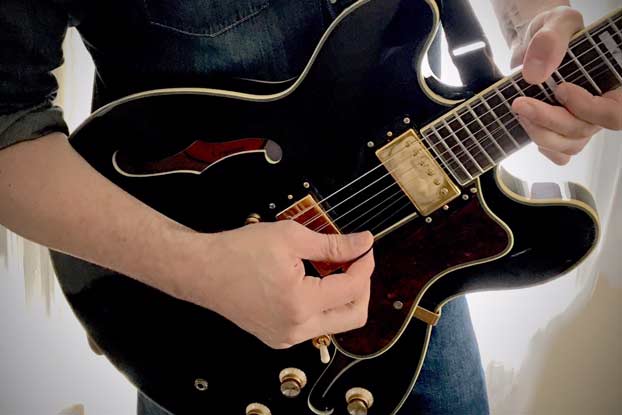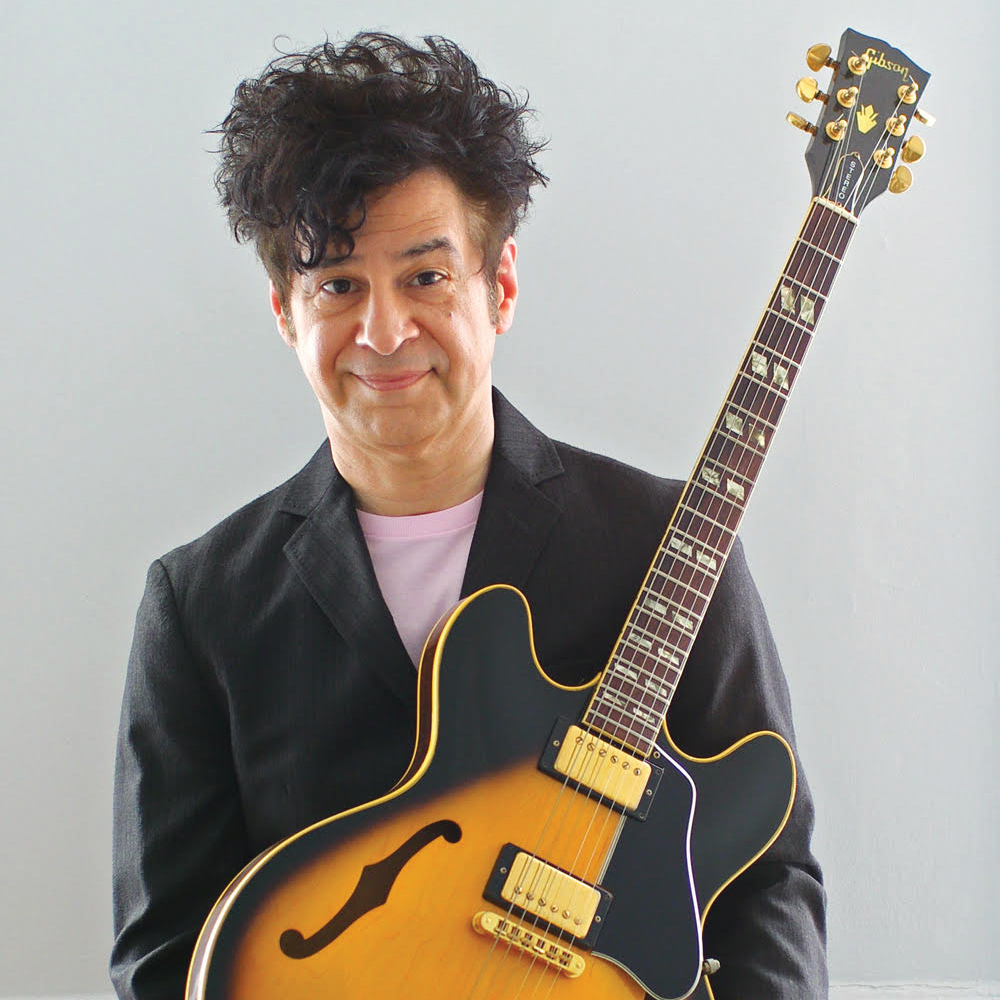Hear Top 10 Guitar Riffs Played Backward

What happens when you take 10 of the most popular guitar riffs and play them backward? Could there be any great hidden riffs in them just waiting to be revealed?
David Walliman takes guitar in hand to find out. In this video, he records 10 classic guitar riffs and then plays them in reverse.
The riffs playes are “Are You Gonna Go My Way?” “Iron Man,” “Layla,” Pink Floyd’s “Money,” the Rolling Stones’ “Satisfaction,” “Smoke on the Water,” “Sunshine of Your Love,” “Walk This Way,” “Day Tripper” and “Purple Haze.” David adds some backing instruments to the reversed riffs, which makes it easier to imagine how these reversed riffs could be used in the context of songs.
For more of David’s videos, visit his YouTube channel.
All the latest guitar news, interviews, lessons, reviews, deals and more, direct to your inbox!
Christopher Scapelliti is editor-in-chief of Guitar Player magazine, the world’s longest-running guitar magazine, founded in 1967. In his extensive career, he has authored in-depth interviews with such guitarists as Pete Townshend, Slash, Billy Corgan, Jack White, Elvis Costello and Todd Rundgren, and audio professionals including Beatles engineers Geoff Emerick and Ken Scott. He is the co-author of Guitar Aficionado: The Collections: The Most Famous, Rare, and Valuable Guitars in the World, a founding editor of Guitar Aficionado magazine, and a former editor with Guitar World, Guitar for the Practicing Musician and Maximum Guitar. Apart from guitars, he maintains a collection of more than 30 vintage analog synthesizers.

